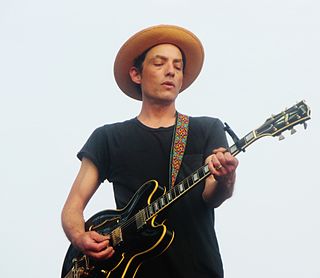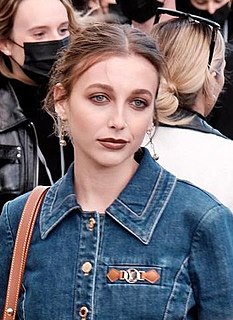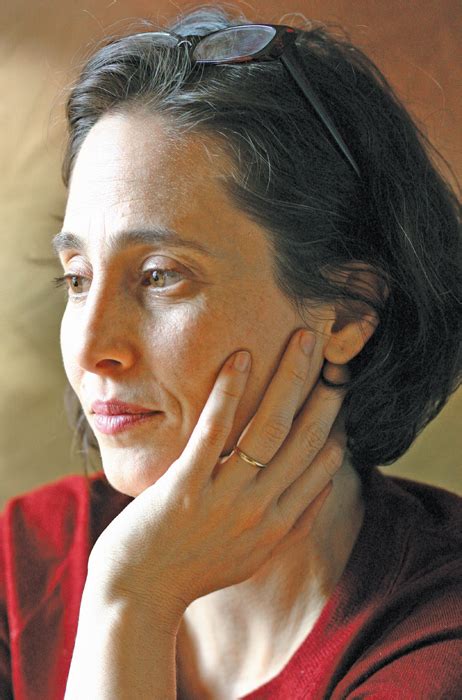A Quote by James Gleick
Because everyone in the world has the power to edit, Wikipedia has long been plagued by the so-called edit war. This is like a house where the husband wants it warm and the wife wants it cool and they sneak back and forth adjusting the thermostat at cross purposes.
Related Quotes
The Coen brothers: Of all the directors I've worked with, they're the only ones who have given me the storyboards attached to the script. It was very cool for me, because I knew when I was in close-up or if it was far away, and it also made me know that anything that happened in the edit wasn't personal. Because they edit their own movies, so they were editing it as they went.
There are some concerns that are universal. Everyone wants to be loved, and everyone wants to feel like they belong somewhere in the world. Everyone wants to do something and feel like they have a sense of purpose. These are just the things that I think about and the things that make their way into my songwriting.
A man who wants to die feels angry and full of life and desperate and bored and exhausted, all at the same time; he wants to fight everyone, and he wants to curl up in a ball and hide in a cupboard somewhere. He wants to say sorry to everyone, and he wants everyone to know just how badly they've all let him down.
In TV, you are much more likely to see the episode closer to the script as written - in terms of the order of the scenes - than you would in a movie, and here's why: you don't have as many days to edit. You have 10 to 12 weeks or more to edit a feature, and you have four days to edit TV. That's a huge difference.



































